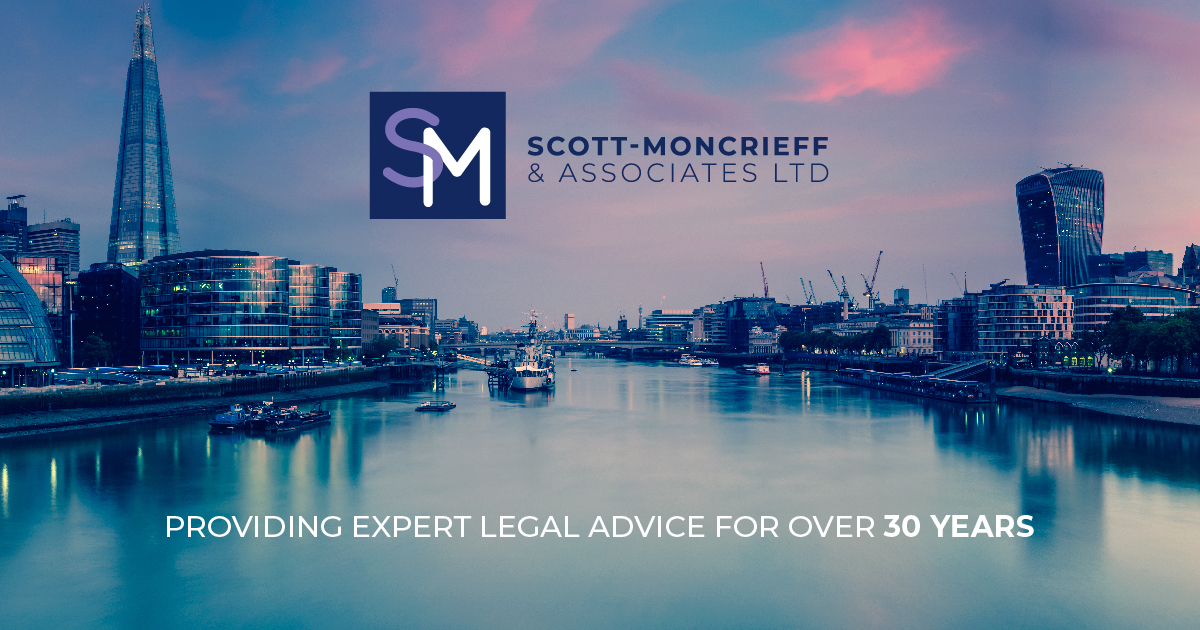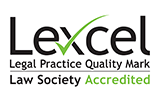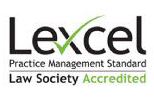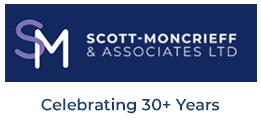At Scott-Moncrieff, we act on behalf of a broad range of clients who are selling commercial property. This is a complex process, which requires an understanding of the law and knowledge of the local property market. We provide clear, reliable and up-to-date advice when selling your property and provide a high-quality conveyancing service, which focuses on your commercial interests and helping you to achieve the best possible price. Get in touch today to find out more about selling your commercial property.
Here, our specialist commercial property solicitors give you an overview of the steps required to sell a commercial property.
How should I prepare my commercial property for sale?
As you would do when selling a home, you should make the property as presentable as possible for prospective buyers by clearing out any clutter and carrying out any necessary repairs. You should make the property appealing to as broad an audience as possible, ensuring that prospective owners can imagine operating their business from the premises.
What information should I prepare for prospective buyers?
You will need to provide basic details about the property, including information on the location, suitability (i.e. the type of business it would suit) and price. It is also worth preparing a buyer pack to provide more extensive information to help potential buyers make their decision. A buyer pack might include:
- Planning permissions, use classes and lawful use certificates
- A energy performance certificate (EPC)
- Information on business rates, Stamp Duty Land Tax and other costs
- An asbestos survey (if the property was built before 2000)
Should I appoint an agent to sell my commercial property?
It is recommended that you instruct a professional commercial estate agent to assist with selling your property with relevant expertise in relation to the type of property concerned and possibly the sector in which the owner of it sits (e.g. for property owned by a charity the law applicable to charities when disposing of property) . This is a specialist industry, so employing an agent with expert knowledge and competence can make a big difference to your sale proceeds. It is also highly recommended that you choose an agent who is a member of an accredited body, such as the National Association of Estate Agents.
What price should I market my commercial property at?
Your agent can provide you with an accurate property appraisal, which will ensure that the price reflects current market conditions and is consistent with similar properties in the same area. The value of your property may be affected by proximity to rail and air links, while footfall and shop frontage might influence retail unit values.
How much will it cost to sell my commercial property?
This will depend on a range of factors, so it is hard to say precisely how much you will have to pay to market and sell your property. However, the following costs are likely to be accrued:
Commercial agent fees
Agents can make the process of selling your property go more smoothly, but this comes with added costs. The commercial agent market is competitive, so it is worth discussing their prospective fee before you formally instruct them. Your agent will receive a commission, which is more usually calculated as a percentage of the sale price.
Solicitor fees
This will cover the required legal aspects of selling the property and transferring ownership to the buyer – known as conveyancing – as well as other preparatory work associated with the sale.
Mortgage redemption fee
If there is a mortgage in place for the property, you may be charged for paying this off early.
Mortgage arrangement fees
If you require a mortgage for a new property and you are unable to transfer your existing mortgage, you may have to pay mortgage arrangement fees.
Removal costs
You will have to arrange to remove any equipment, furniture and other items that are not part of the sale from the premises.
Tax
Capital Gains Tax will apply to any profit you make from the sale subject to any exemptions or reliefs which might apply.
Which offer should I accept?
While it will often be a case of taking the highest offer, you might also want to consider:
- The position of the buyer and their financial status
- If they are a cash buyer or will have to apply for a mortgage
- Whether they have a mortgage in place or have received a mortgage offer
What are Heads of Terms?
Once you have accepted the best offer, you and the buyer can begin to negotiate the terms of the sale. When the terms are agreed in principle, these form the Heads of Terms. These are not generally legally binding at this stage but do show serious intent, and they are used by your commercial conveyancing solicitor when drafting the contract of sale.
Heads of Terms are likely to include:
- The price
- The nature of the property or extent of the land being sold
- Any rights retained by the seller
- Timescales
- The names of the solicitors who have been appointed
- Any special conditions that will apply to the sale
How is the sale completed?
You will be ready to exchange contracts with the buyer when:
- you and the buyer are both happy with the terms of the contract and searches that have been carried out on the property;
- any conditional planning permissions have been granted and no longer at risk of a successful legal challenge;
- the buyer's solicitor has carried out all necessary checks, and a surveyor has completed inspections of the building; and
- the buyer has the funds required to exchange and complete the transaction.
Until you have exchanged contracts, you can change your mind and sell to another buyer, provided you have not entered into a lock out agreement. Completion will usually be about a month later, although it can occur much quicker, or even be simultaneous with exchange in certain circumstances.
How long does it take to sell a commercial property?
It can take anything from a couple of weeks to a year or longer depending on market elements, such as local demand and the price of the property. Other factors that may influence how long it takes you to sell your property include:
- Whether the property is freehold or leasehold
- Local planning constraints
- Any issues with the title of the property
Your agent should have an up-to-date understanding of local property values and of what commercial buyers are looking for. They will be able to give you an idea of how long you should expect to wait to complete the sale.
Contact our Commercial Property Lawyers in London
This guide provides a basic overview of the sale process for commercial properties. For more information, please fill out our online enquiry form or call us on 020 3972 9011 .















